An Iranian rights refugee rights activist in Greece faces charges of “civil disobedience” after helping secure the rights of refugees, many of whom face harsh treatment from Greek authorities.
Activist Arash Hampay tweeted the news of the charges against him, adding that he could be indicted on further, more serious charges, and could face a long prison sentence.
Reza (Arash) Hampay Gharamaleki has had an eventful life. Nearly two decades ago, when he was still a child, paramilitary Basij shot and killed his father, Ali-Akbar Hampay, after he was fired abruptly from his job at a tractor manufacturing company. One of his brothers was hanged and another spent five years in prison. Hampay himself has already spent three years at Evin Prison’s Ward 350, where he endured physical and psychological torture.
“In prison I was placed in solitary confinement for six months and was brutally beaten, losing my teeth and rupturing my tendons,” he wrote. He said he was subjected to five “fake executions” — a tactic used by prison authorities in which they force a prisoner against a wall in front of a firing squad and blindfold them, and then fire blanks at them in order to intimidate them.
“My brother was murdered by the regime. Even after my release, I was beaten in the street by plainclothes police, who seized and destroyed my camera with my life’s work on it. When I was threatened with a 15-year prison sentence, I was forced to flee my family and my homeland.”
Following threats by security forces and fears that he would be arrested again, Hampay fled to Turkey and then sought refuge in Europe. He has been living in Greece for three years, but now the Greek police have confiscated his identity papers. His brother Amir is confined to the island of Lesbos. Nevertheless, Hampay has continued to actively support the human rights of asylum seekers and refugees.
Hampay says that he has been called to stand trial because of his activism. “From the day we fled the hell that we were enduring in our home countries and became refugees in Europe, we have suffered the worst kinds of psychological torture,” he wrote. “We have been humiliated and beaten by the police. We have been denied the right to work and if we do work, we are exploited.”
The Greek judiciary has three open cases against him and he has been accused of a range of charges, including civil resistance against the police, illegal occupation of government premises and even human trafficking. All three cases arise from his protests against the violation of human rights of refugees in Greece. The Greek judiciary, however, maintains that Hampay has broken the law.
How He Got Here
Three years ago, Arash Hampay and his brother made their way from Turkey to Greece. The human traffickers they paid cheated them and landed them on the Greek island of Lesbos, which refugees cannot leave without explicit permits issued by the Greek government. They were then transferred to a refugee camp on the island called Camp Moria.
“We have had our human dignity stripped from us,” he wrote. “In the winter on Moria people have died from cold and hunger at night, freezing in thin tents for months on end. I saw a mother and daughter burn in front of my eyes in a campfire. The authorities saw our families dying beside us and they did nothing — apart from attempting to illegally deport my brother.”
Camp Moria has become a symbol of the Greek government’s inability to handle the refugee crisis. Overcrowding, lack of hygiene and medical facilities, and shortages of food, clothing and places to sleep are just a few of the problems the refugees face. In some cases, a refugee dies in the camp or takes his or her own life out of desperation.
The conditions were so harsh that in 2017 the brothers and a number of other asylum seekers staged a sit-in in the main square of the island’s capital Mytilene and went on a hunger strike. When the media reported the news, government and city officials arrived on the scene. But when the protesters refused to end their sit-in until they were given their basic rights, the police stepped in and physically attacked Arash Hampay.
The civil protest led to Lesbos police issuing a warrant for Hampay to appear in court. “Our sit-in and rally were peaceful,” Hampay told IranWire. “We were neither armed nor were we chanting. We were sitting down in the town square, holding our placards. The Greek government apparently did not like it that I filmed police actions and pronouncements by the officials and published them online.”
Hampay’s lawyer says that, if he is convicted, Hampay will be sentenced to at least two and a half years in prison. But according to the lawyer it is very likely that the authorities will also prosecute him in conjunction with other open cases against him — and these cases could lead to long prison sentences. “The charge of civil disobedience is a common charge brought by the Greek government against human rights activists,” his lawyer said.
Waiting for the “Blue Stamp”
In one of the other cases, Hampay has been charged with “occupying government premises.” The charge goes back to 2017 when he was still based on Lesbos Island. A group of Iranian refugees who had been waiting for months for the “blue stamp” that permits refugees to leave the island for mainland Greece decided to go to the local office of the ruling party Syriza and protest against their situation. It can take months or even years for the Greek authorities to issue a legal document and officials refuse to accept accountability.
The group of refugees asked Arash Hampay to accompany them, but before they could enter the building, an anarchist group attacked the offices and occupied the premises. The Iranian refugees then followed them into the building — and Arash Hampay was one of them. During his talks with the officials, Hampay was told that if he ended the refugees’ sit-in, they would all receive permits to leave the island and go to Athens to pursue their cases. Hampay did help bring an end to the protest, and was then charged with “occupying government premises.” Among all the protesting refugees, his brother Amir was the only one who was refused a permit to leave the island.
Hampay says that the Greek government has taken his brother hostage to exact revenge on him. According to his lawyer, the Greek government has charged Hampay with being the “ringleader” of the protesting refugees. If he is convicted of this crime, he could be sentenced to more than 10 years in prison.
The third case against Hampay relates to his brother Amir. He has been living on the Island of Lesbos for 29 months and up to now the Greek government has twice rejected his application for asylum. Authorities released Amir from Camp Moria a year ago, and he now lives with five others in a refugee shelter. It is not clear how long his stay on the island will last. “Lesbos is like a prison for me,” Amir told IranWire. “A few times I thought of taking my own life. Nobody is accountable for my case and the Greek government is determined to punish us in retaliation for my brother’s human rights activities by keeping me on this island.”
Cutting the Brother’s Line of Communication
“If they send me to prison and bring my other cases to trial,” Hampay says, “they would get rid of me and can keep my brother on the island for a long time without having to account for it.”
The brothers spent two years on the island next to each other in Camp Moria, refugee shelters and even on the streets. And now Arash has left the island but Amir is still there. To get his brother out, Arash, who no longer has faith in the Greek government, sent Amir his own documents in the hopes that he can leave the island by using his brother's papers. This illegal move has given the authorities the opportunity to add the charge of “human trafficking” to his case. If they do, based on the Greek penal code he can be sentenced to up to 25 years in prison. Adding up all the possible sentences Hampay faces, it is possible he could spend 40 years in prison — a situation he refers to a “life sentence.”
His lawyer is also worried that if Arash Hampay goes to court and faces arrest, the authorities could proceed with all three cases against him. Arash is the intermediary for Amir’s contact with human rights organizations, with the media and with his lawyer — and if he is thrown into jail Amir would lose contact with them all.
“Hero Swimmer” Charged with Human Trafficking
Greek authorities prosecute numerous people for civil rights activities.
In December 2018, Olympic swimmer Sara Mardini, known as one of the Syrian refugee sister “hero swimmers,” was released on bail after spending 106 days in jail. The Greek judiciary charged her with human trafficking.
In 2015, Sara Mardini and her younger sister, Yusra Mardini, 19, made international headlines for their journey from Turkey to Greece. During their perilous trip on a flimsy rubber dinghy, their boat, which was carrying 18 other passengers, began to sink. The sisters decided to jump overboard to relieve some of the weight. Both girls were experienced swimmers, having swum competitively home in Syria for many years. For three and a half hours, the girls swam alongside the boat, one on each side, nudging it along and guiding it safely to shore. For this, Sara had to post a bail of 5,000 euros.
The conditions at Camp Moria are so bad that in November 2018, Human Rights Watch (HRW) warned of a “full-blown humanitarian disaster” on Lesbos. “Thousands of people seeking protection in Europe are deprived of their most basic rights to humane and dignified treatment on Lesbos,” said a researcher for HRW. “The EU-backed containment policy is aggravating long-lasting suffering of asylum seekers, turning Lesbos into an open-air prison.” Earlier, a lawyer for Sara Mardini had told the Guardian that charges against her client were “about criminalizing humanitarian action.”
Those who help refugees are not necessarily human traffickers, and yet they are treated as such by the Greek judiciary and receive the same sentences as human traffickers because the Greek government is determined to prove that it is not soft on perpetrators of the crime.
While in Athens, Arash Hampay has established a society called Our House to support refugees and displaced people regardless of their national origin and to provide them with food, clothing, medicine and shelter, even if only for a few nights. His contact with human rights organizations in Greece has turned him into a media figure, an expert in the rights of refugees. This is probably why he has been targeted by the Greek judiciary and why he might go to prison.
In Athens, Arash Hampay, who lives alongside refugees, reiterates that the Greek government has taken refugees “hostage.” But, regardless of the fact that he has done what he has for good reasons, he has violated Greek laws. “Whatever happens, I could not and should not have stayed silent in the face of the violation of the refugees’ rights,” he says. “On the other hand, I wanted to free my brother from the island prison. I am active in supporting refugees. How could I be a human trafficker? According to Greek laws, the government has the duty to provide them with shelter and medical services, but every night around 200 refugees come to me for help. The Greek government believes that I am the one who must be punished while thousands of human traffickers live freely in Greece.”
The Greek “Swamp”
Many refugees compare the living conditions for asylum seekers in Greece to a “swamp.” In summer 2018, the European Union approved an increase to Greece’s budget to take care of refugees and added it to the list of countries adhering to the Dublin Regulation, which establishes “the criteria and mechanisms for determining the Member State responsible for examining an asylum application lodged in one of the Member States by a third-country national.” It rules that, in Europe, refugees must seek asylum only from “the country through which they entered the EU.”
Many EU countries faced with incoming refugees have passed more draconian laws in an attempt to close the gateway of Greece and ease the pressure on these countries. What this means in practice is a boost for the business of human traffickers.
As a result, after serving a prison sentence in Iran and losing his father and his brother to the Iranian government’s terror and execution, now Arash Hampay may be sent to prison in Greece as well, and possibly for a very long time.
The trial of Arash Hampay will be held on February 28 on the Island of Lesbos.
Related Coverage:
From Asylum Seeking to Asylum Dealing, January 23, 2019
Through A Child’s Eyes: Crossing from Iran to Turkey, January 14, 2019
French Police Raid and Destroy Iranian Refugee Camp in Calais, January 11, 2019
Asylum Seeking in Turkey: A World Full of Terror and Insecurity, January 9, 2019
Meeting with a Human Trafficker in Istanbul, December 18, 2018
Sex Trafficking and the Iranian Women Working in Istanbul Nightclubs, December 17, 2018
The Story of an Afghan Boy Trying to get to Iran, December 14, 2018
“A Long Journey to Turkey — to Save my Mother”, December 7, 2018
An Exhausted Mother: I Regret Seeking Asylum, December 4, 2018
The Love of my Child kept me Alive in the Mountains of Iran and Turkey, November 30, 2018
Prison, Asylum, and a Family Torn Apart, November 20, 2018
An Ex-Police Officer’s Illegal Journey to Turkey, November 16, 2018
From France to Turkey: Human Trafficking and Asylum Seekers, November 13, 2018
visit the accountability section
In this section of Iran Wire, you can contact the officials and launch your campaign for various problems





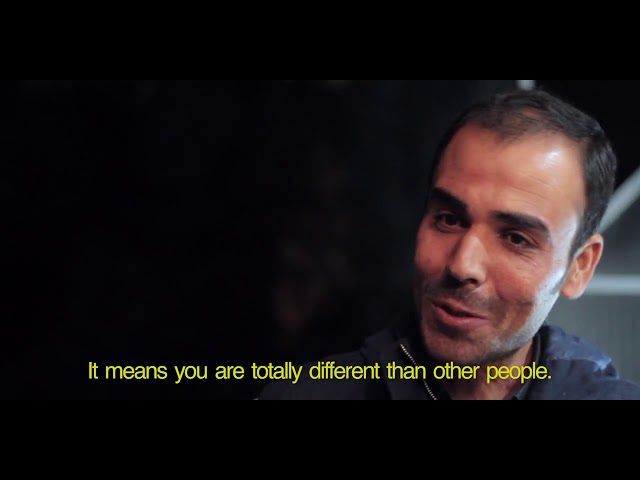
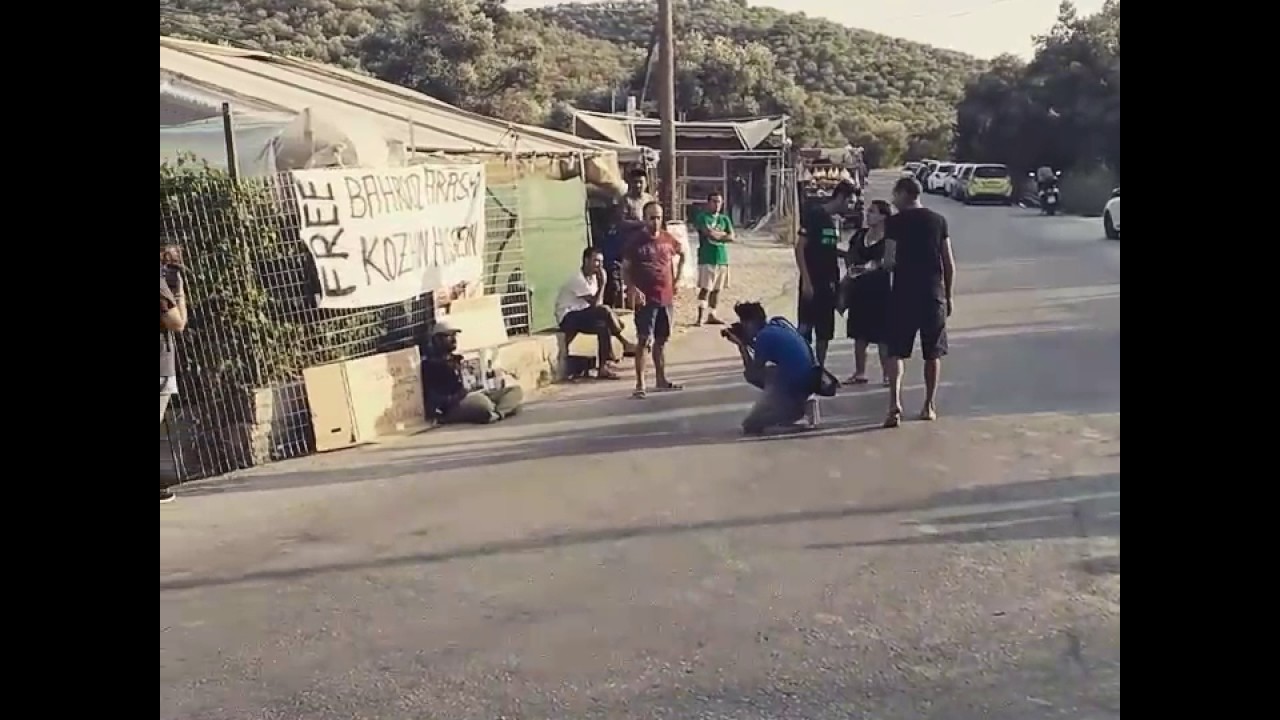
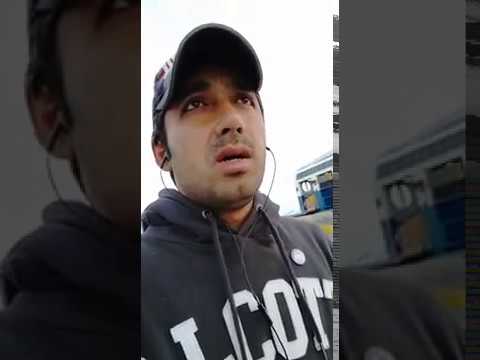
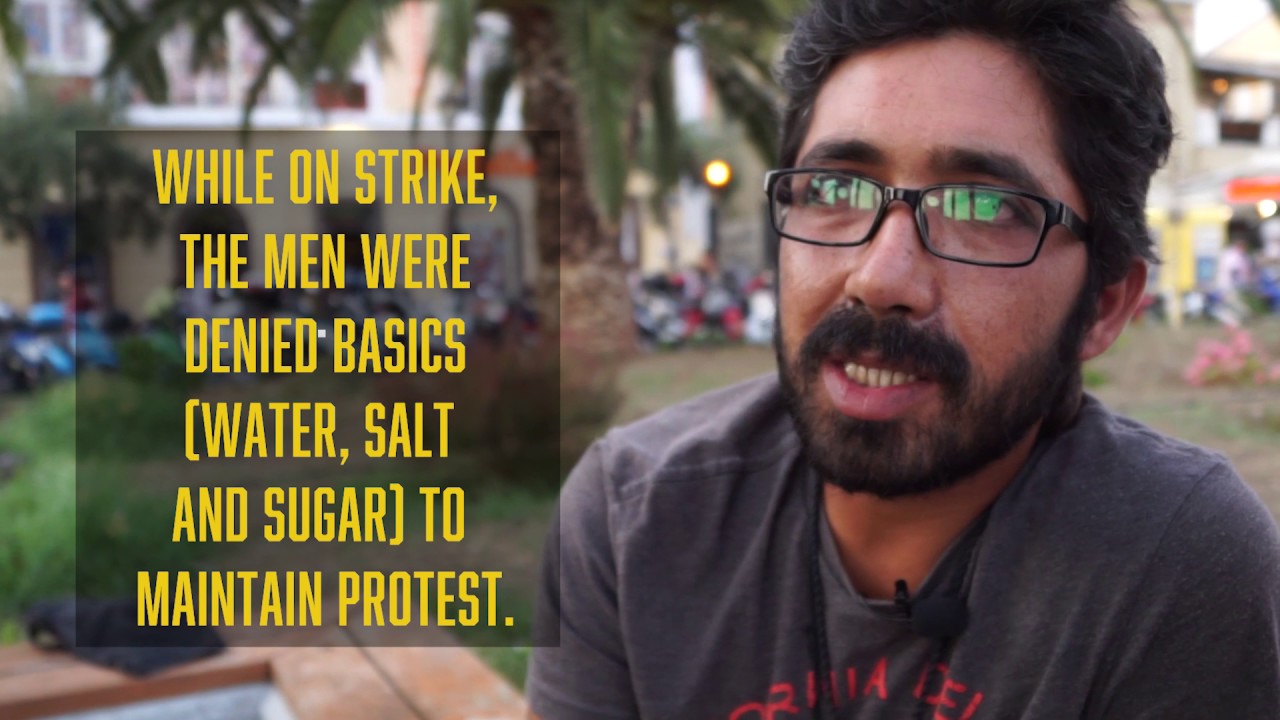
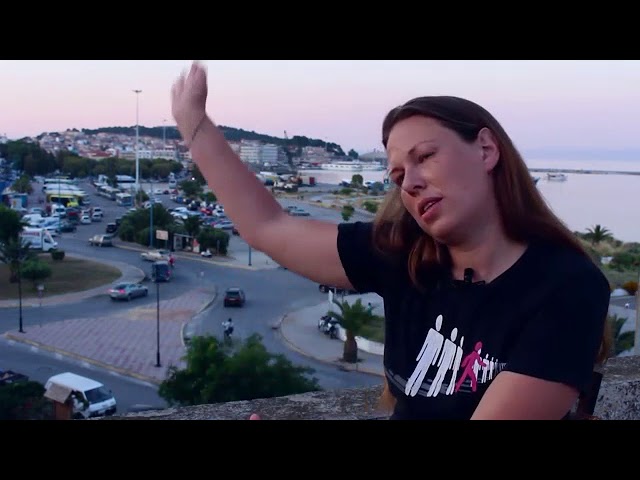



















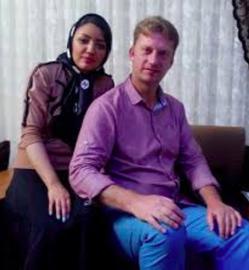
comments